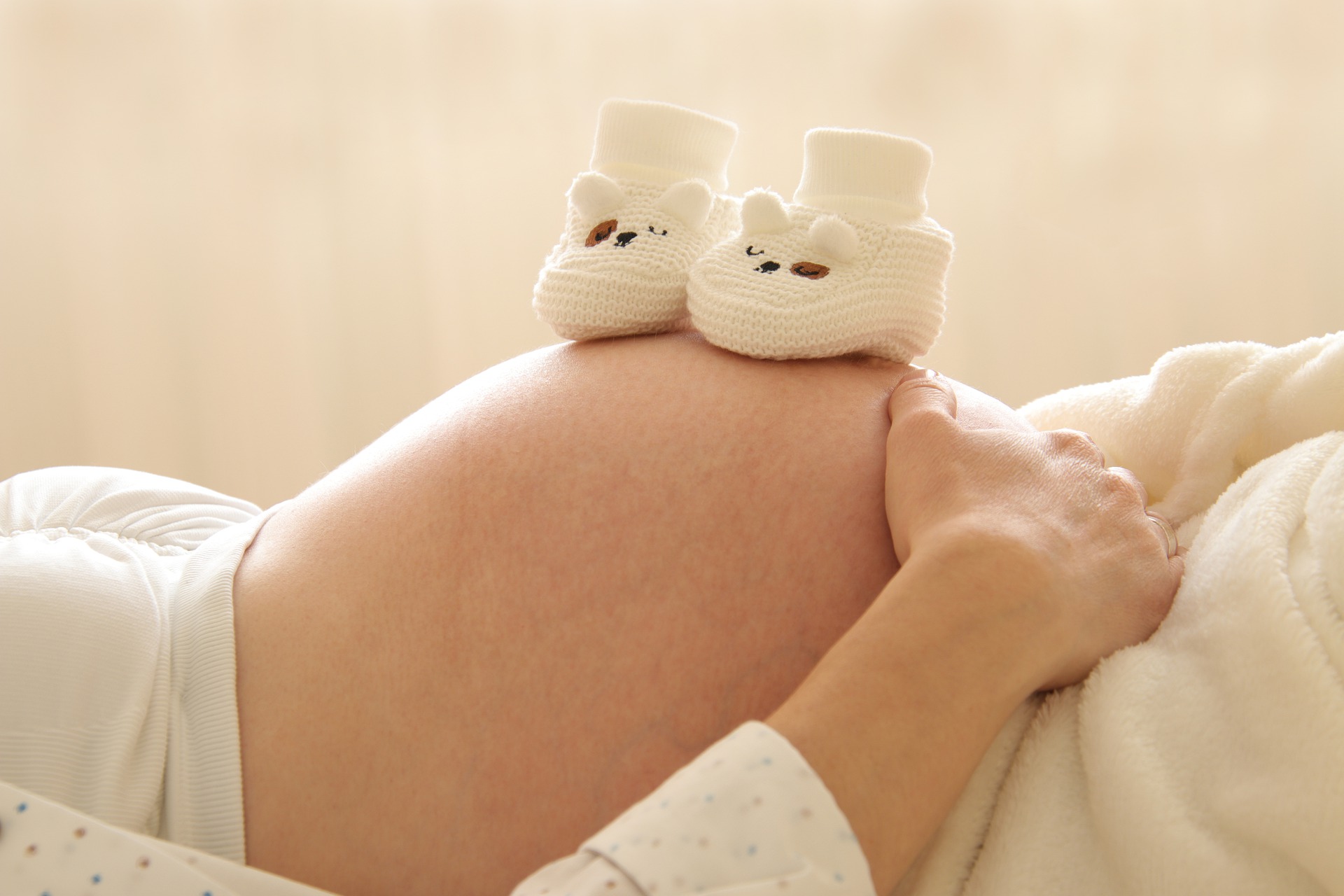The modern trend is obvious for many countries and cultures. More and more people decide to plan a pregnancy in older age. For instance, in the USA, the average age of having the first baby in 2010 was 23 years, whereas within ten years this age switched to 27 years. There is a strong tendency for the increase in this age and the prediction is that in some ten years the average age for having the first baby can reach even 30 years.
Is it a good idea or not to postpone a pregnancy? There are certainly positive and negative sides and this article will tell you more about that.
Advantages of having a child in an older age
There are definitely some positive sides of having children in an older age. Apart from the possibility of utilising one’s youth for education and career growth, there are also other great aspects such as being more matured psychologically which is especially important for the relationship with a partner which leads to a more caring and stable environment for a child.
Also, older parents tend to have a better financial condition which can also guarantee stability to a child. The likelihood of having one’s own place to live is also stronger for older parents.
Disadvantages of postponing a pregnancy
Unfortunately, despite all of the positive aspects of having a child in an older age, there are still many negative sides of such a decision and the majority of them are related to the biology of people and are working for both sexes and not necessarily only for women.
Health effects of aging in women
The most popular side effect of aging in women is the decrease of the production of oestrogens and progesterone which are crucial for both conceiving a baby and a healthy pregnancy. Another serious trend in the female biology is the decrease of egg cells suitable for conceiving a child. At some point of life in a woman the amount of these cells starts decrease with a higher rate. It is not simple to predict this exact moment however, it usually happens around the age of 35 years.
Unfortunately aging also increases the probability of developing various diseases related to the reproductive system especially uterus cancer or endometriosis. These conditions might make it extremely challenging for a woman to get pregnant or deprive her of such a possibility at all.
On top of that, the probability of having a baby with a Down syndrome or one of the conditions of the autistic spectrum is getting higher and higher with aging.
Health effects of aging in men
Aging is also negatively effects the reproductive system of men. Even though generally men are capable of conceiving a baby even in a senile age, the activity and quality of their sperm cells is getting worse with aging, let alone the problems which are caused by stress which might pile up during the life.
Finally, there is a variety of genetic health conditions the probability of which to occur in a child is also related to the age of a father. Schizophrenia, achondroplasia, Apert syndrome and Down syndrome are only some of them.
Other possible disadvantages of having a child in an older age
One should not forget about the overall better physical condition which is more typical for younger people. Even if you pay attention to your ability to stay up all night long and deal with some tasks the next day, you can notice how you are gradually losing it with aging. Actually, a great amount of energy is absolutely needed for being actively engaged in the process of parenthood and not delegating the greatest amount of tasks to other assistants will actually give you the precious memories of parenthood. It is also what a baby needs most of all rather than an excellent financial condition of her parents.
In addition to it, there is also a generation gap which is large between a child and older parents who naturally tend to forget themselves in their younger age and also are more prone to being excessively caring.

